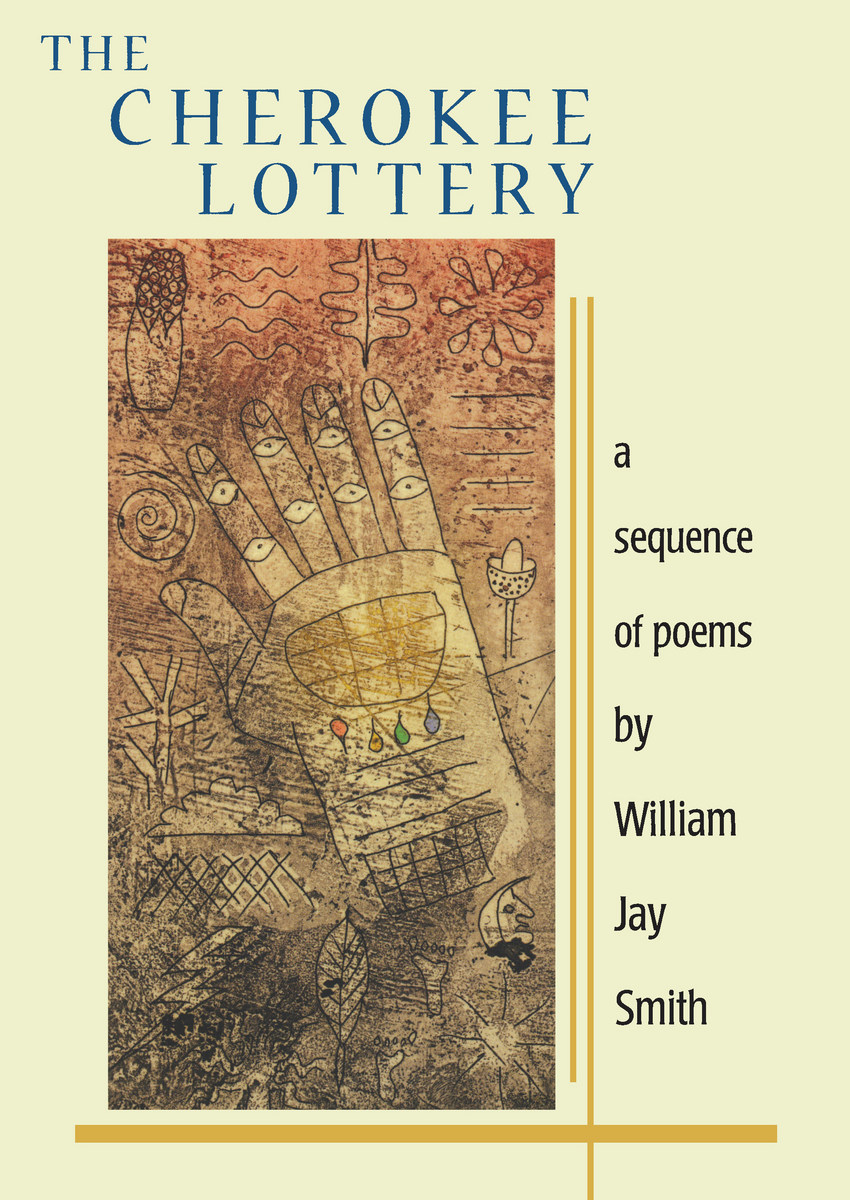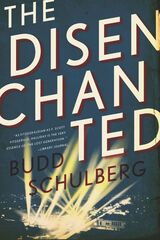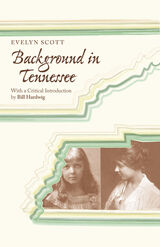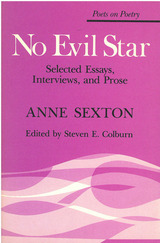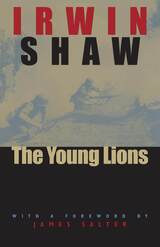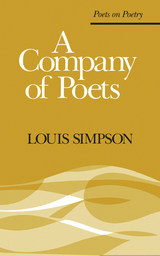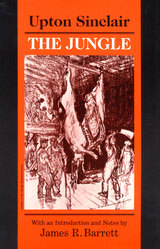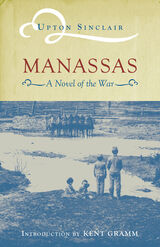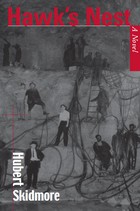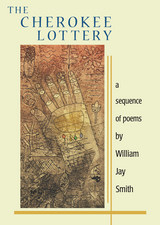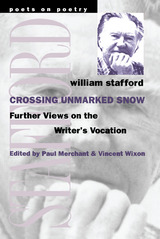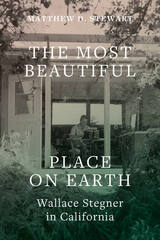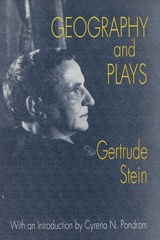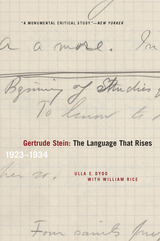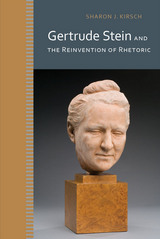The Cherokee Lottery: A Sequence of Poems
Northwestern University Press, 2000
Paper: 978-1-880684-66-5
Library of Congress Classification PS3537.M8693C47 2000
Dewey Decimal Classification 811.54
Paper: 978-1-880684-66-5
Library of Congress Classification PS3537.M8693C47 2000
Dewey Decimal Classification 811.54
ABOUT THIS BOOK | AUTHOR BIOGRAPHY | TOC | REQUEST ACCESSIBLE FILE
ABOUT THIS BOOK
For the first time in poetic form, The Cherokee Lottery treats one of the greatest tragedies in American history, the forced removal of the Southern Indian tribes east of the Mississippi. When gold was discovered on Cherokee land in northern Georgia in 1828, the U.S. Government passed the Removal Act, and 18,000 Cherokees, along with other southern tribes—Choctaws, Chickasaws, and Creeks—were forcibly relocated to Oklahoma territory. Herded along under armed guard, they traveled in bitter cold weather and as many as a quarter died on what became known as "The Trail of Tears."
In powerful poetry of epic proportions, which Harold Bloom has called his best work, Smith paints a stark and vivid picture of this ordeal and its principal participants, among them Sequoyah, the inventor of the Cherokee alphabet, and Osceola, the Seminole chief.
See other books on: Cherokee Indians | Poems | Relocation | Sequence | Trail of Tears, 1838-1839
See other titles from Northwestern University Press
